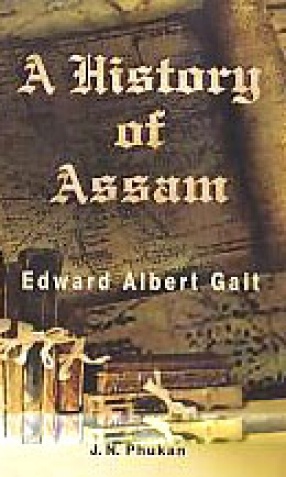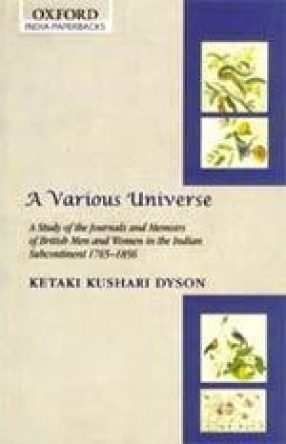A meaningful study of Indian philosophy involves the correct understanding of its technical terminology which is multitudinous in number and varied in connotation. As all the philosophical discussions and speculations in India aim at the attainment of the Unltimate Reality, it is imperative on the student of any school of Indian thought that he understands the various names attributed to the Ultimate Reality and their interpretations and connotations according to different schools. Most important of all names of the Ultimate Reality used in Hindu Philosophical works is Purusa, which is a concept with various interpretations in different schools. The concept found already in the Vedic Samhitas, has gradually developed and given rise to the concept of Purusottama in later literature, especially in the Bhagavadgita. These two concepts deserve a full-scale research which formidable task has been taken up by the author of the present work. He has attempted at tracing out the origin of these two concepts which are dominant in the bhagavadgita, as well as of similar concepts in the Upanisads and the Brahmasutras and throwing light on the interrelationship of these concepts in Indian philosophical literature. He has based his thesis chiefly on the commentaries of Sankaracarya on the Prasthanatrayi of Vedanta, i.e. the Upanisads, the Brahmasutra and the Bhagavadgita. In course of his analytical study, the learned author has taken up the problem of aksara, another concept of multifaceted connotation an dvarious aspects of the Reality. Relevant passages from the Upanisadic literature have been fully exploited. Though Sankara’s commentary has been accorded due place in the thesis, the independent stand of the author cannot be lost sight of. His review of Vivartavada deserves serious consideration. Original texts have been profusely quoted to facilitate the study and readable English translation of all quoted passages has been provided with.
A History of Assam
$40.50
$45.00





There are no reviews yet.